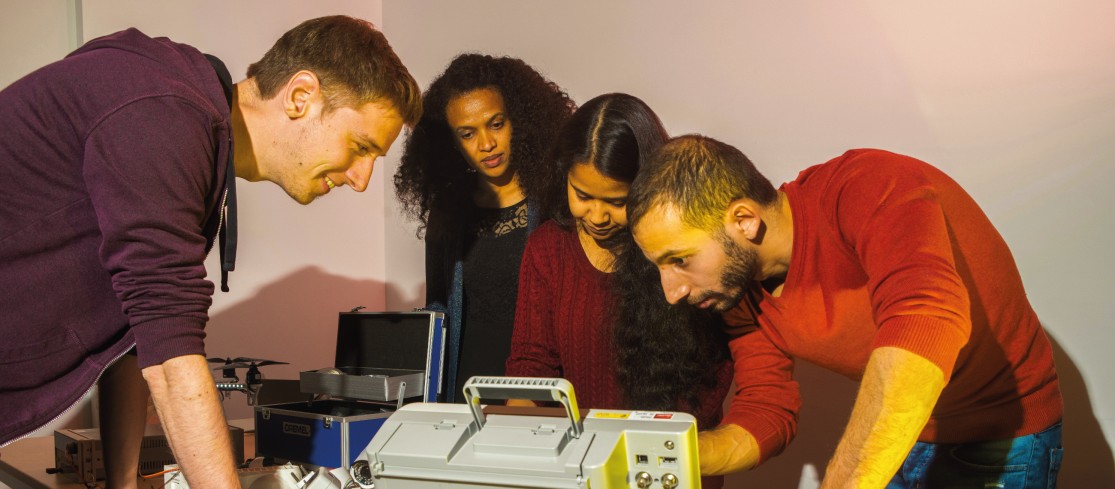Funding of CROSSING extended until 2026
Third funding phase includes new project area “Transfer”
2022/05/27 by Daniela Fleckenstein
The Collaborative Research Center CROSSING continues into its third funding period. The Grants Committee of the Deutsche Forschungsgemeinschaft (DFG, German Research Foundation) agreed to extend the funding until the end of June 2026 to research and develop cryptography-based security solutions enabling trust in new and next generation computing environments.

In the first two funding phases, the researchers succeeded in developing new encryption and signature methods that are secure against quantum attacks and in improving cryptographic protocols, particularly with regard to efficiency requirements. The intelligent crypto assistant “CogniCrypt” was also presented, which actively supports application developers in the selection and correct integration of cryptographic components hosted by the open-source platform.
CROSSING intends to use the now approved third funding period to reach the maturity of the solutions, techniques and methods. The Collaborative Research Center will also be extended to include the new project area “Transfer”, in which the results of CROSSING will be put into practice with renowned industry partners. A total of 13 scientific projects are being worked on, and the Integrated Research Training Group (IRTG), which supports doctoral students in their career development, will also be continued. With its approval for the third funding period, the Collaborative Research Center CROSSING, which was established in 2014, reaches the maximum funding period of twelve years.
About CROSSING
CROSSING is interdisciplinary in nature: More than 65 researchers from the fields of cryptography, system security, quantum physics, information theory, number theory, high-performance computing, and software engineering work together. The Collaborative Research Center (CRC) of the German Research Foundation (DFG) is part of the TU profile topic “Cybersecurity & Privacy” and is coordinated at the Department of Computer Science at TU Darmstadt by spokesperson Prof. Marc Fischlin. In CROSSING, TU Darmstadt cooperates with Universität Duisburg-Essen, Universität Paderborn, Universität Regensburg, and the Fraunhofer-Institut for Secure Information Technology (SIT) in Darmstadt.
